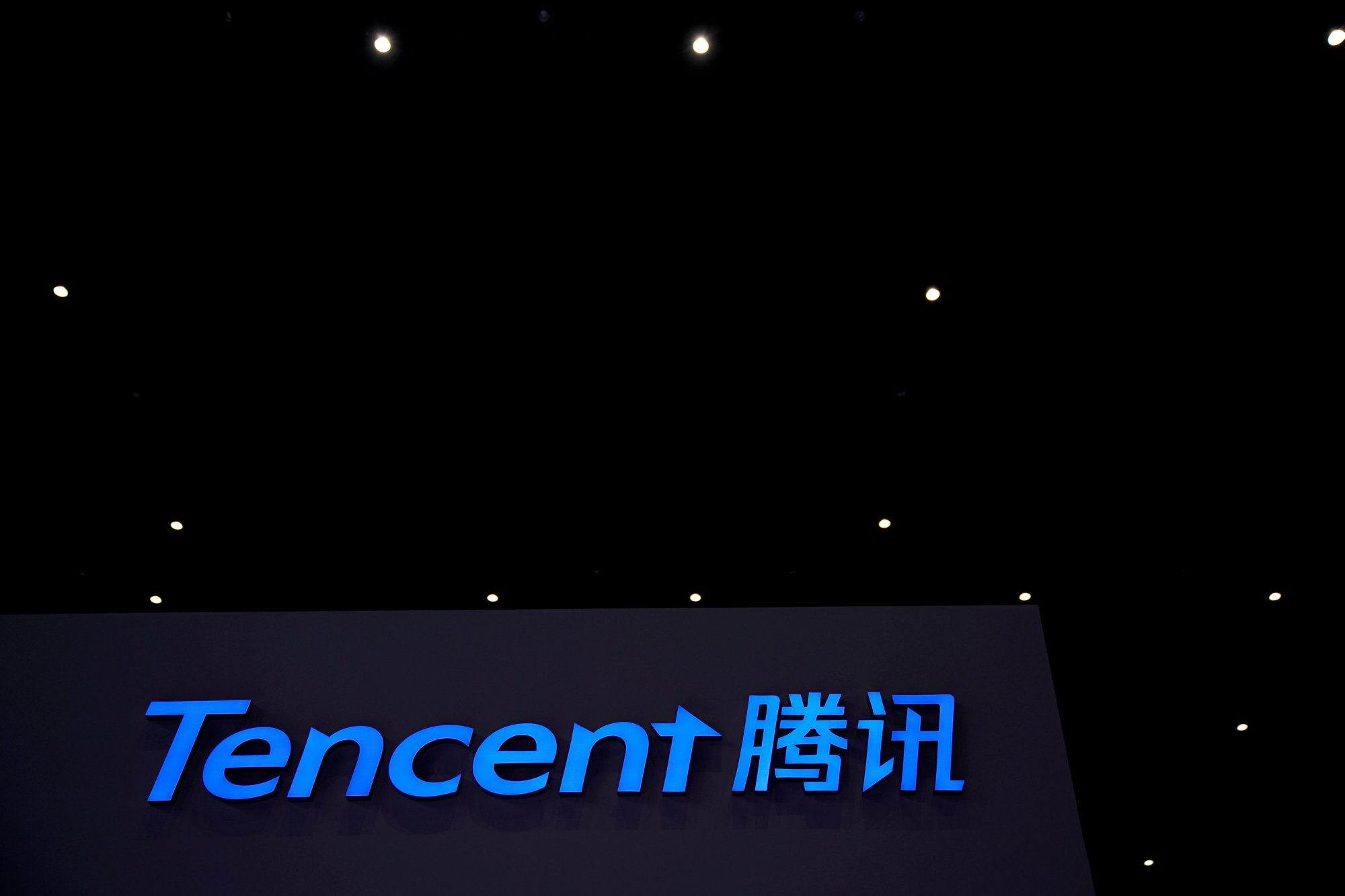A swath of the world is adopting China's vision for a tightly controlled internet over the unfettered American approach, a stunning ideological coup for Beijing that would have been unthinkable less than a decade ago.
Vietnam and Thailand are among the Southeast Asian nations warming to a governance model that twins sweeping content curbs with uncompromising data controls — because it helps preserve the regime in power. A growing number of the region's increasingly autocratic governments watched enviously the emergence of Chinese corporate titans from Tencent Holdings Ltd. to Alibaba Group Holding Ltd. — in spite of draconian online curbs. And now they want the same.
The more free-wheeling Silicon Valley model once seemed unquestionably the best approach, with stars from Google to Facebook to vouch for its superiority. Now, a re-molding of the internet into a tightly controlled and scrubbed sphere in China's image is taking place from Russia to India. Yet it's Southeast Asia that is the economic and geopolitical linchpin to Chinese ambitions and where U.S.-Chinese tensions will come to a head: A region home to more than half a billion people whose internet economy is expected to triple to $240 billion by 2025.

















With your current subscription plan you can comment on stories. However, before writing your first comment, please create a display name in the Profile section of your subscriber account page.